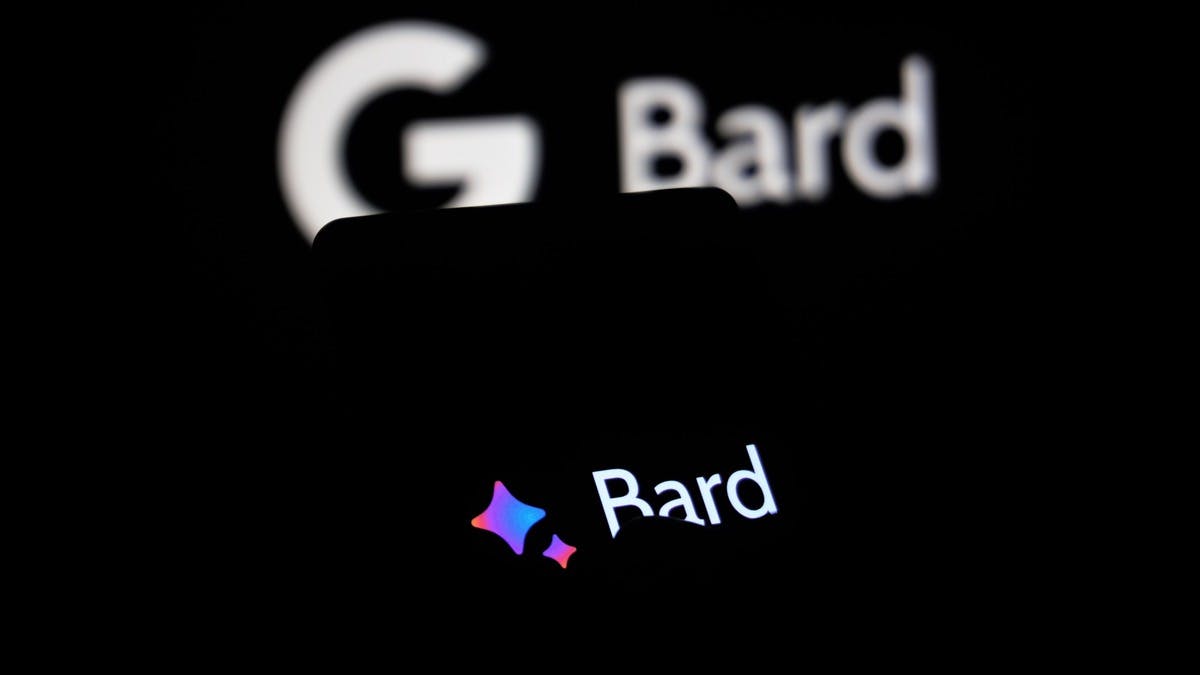Recent research conducted by Finder, one of Australia’s premier comparison platforms, has cast a spotlight on the potential role of artificial intelligence (AI) in stock selection.
This exploration saw AI-designed portfolios, specifically those crafted by ChatGPT and Bard, going head-to-head against the performance of Australia’s most esteemed investment funds over a rigorous three-month assessment period.
Intriguingly, Bard emerged as the undisputed champion, surpassing both ChatGPT and the esteemed top 10 managed funds listed in Australia. Bard’s portfolio, comprised of 19 stocks, showcased an impressive average gain of 8.2% during the period spanning from May to August 2023.
In contrast, the top 10 listed managed funds reported a less remarkable average increase of 6.3%, while ChatGPT’s portfolio, encompassing 23 stocks from various global regions, displayed a more modest average rise of 4.21%.
The research tasked ChatGPT and Bard with the challenge of creating stock portfolios that closely adhered to the principal investment strategies employed by Australia’s top 10 managed funds.* ChatGPT, exhibiting its versatility, curated a diversified portfolio featuring 23 stocks, predominantly sourced from the United States but also incorporating stocks from Australia, the UK, and parts of Asia. In contrast, Bard’s portfolio comprised 19 stocks, with a substantial emphasis on the technology sector, primarily derived from the US.
To gauge performance, the benchmark used encompassed the ten most popular actively managed listed funds on the ASX, assessed by the assets under management as a measure of popularity. These funds included The Magellan Global Open Class Units fund (MGOC), Vanguard Global Value Equity Active ETF (VVLU), BetaShares Australia Top20 Equity Yield Maximiser Fund (YMAX), and others.
While it is worth noting that some of these funds individually outperformed each of the competitor portfolios, the combined average performance of all ten funds ultimately fell short of Bard’s outstanding performance.
Kylie Purcell, an investment expert at Finder, drew attention to the broader investment landscape in Australia. She highlighted that amidst rising costs of essentials and fluctuating interest rates, many Australians were feeling financially strained, resulting in a decline in investment activity.
Purcell encouraged Australians to reassess their financial strategies, emphasizing the importance of every dollar and its potential redirection into the stock market. She stressed that continuing to invest during challenging times could expedite financial goals, particularly as passive income becomes increasingly vital to counter the impact of inflation on household budgets.
In her closing remarks, Purcell noted the significance of laying a strong financial foundation during tough times, as this can instill the discipline needed to navigate more favorable financial conditions in the future. Her message underlined the enduring value of prudent financial planning and strategic investment in an ever-evolving economic landscape.
Note that both AI platforms will not create a portfolio if you ask directly, but they can be used for demonstration purposes. ChatGPT will tell you, “I’m sorry, but I can’t provide specific stock recommendations. Investing in stocks requires careful consideration of your financial goals, risk tolerance, and market conditions.”
Although the most popular funds in Australia are passive index funds, these were excluded from the list because these types of funds seek to simply mimic a market rather than outperform it. For a fair comparison, only funds that offer stock portfolios and exclude any single industry thematic funds were used.
Finder recommends these five tools to elevate and strengthen your trading strategy.
- Technical Analysis Software: Similar to how experienced sailors read the waves, traders rely on technical analysis (TA) software to interpret the market. While not an exact science, these tools provide signals that offer insights into when to buy or sell an asset and whether a security, currency, commodity, or market is overvalued or undervalued.
- Economic Calendars: Avoid the surprise of unexpected economic announcements by using economic calendars. These calendars list crucial events, from central bank meetings to GDP releases, giving traders a heads-up about potential market-moving developments.
- Risk Management Tools: Trading involves a delicate balance between risk and reward. Risk management tools empower traders to establish parameters that limit potential losses. Features like ‘stop-loss’ orders automatically halt a trade if it starts moving unfavorably, preventing excessive damage.
- Algorithmic and Automated Trading Tools: In the fast-paced world of stocks, currencies, and commodities, timing is critical. Algorithmic trading tools automate trade execution, ensuring you don’t miss out on opportunities by even a fraction of a second.
- Social Trading & Community Platforms: Platforms like Reddit offer discussion boards, strategy sharing, and options to replicate the trading activities of seasoned professionals. Some trading platforms, such as eToro, integrate social forums within the app, allowing you to explore investment ideas from other traders before executing your own trades. These social elements foster a sense of community and shared expertise in the trading world.
`Keep up to date with our stories on LinkedIn, Twitter, Facebook and Instagram.

